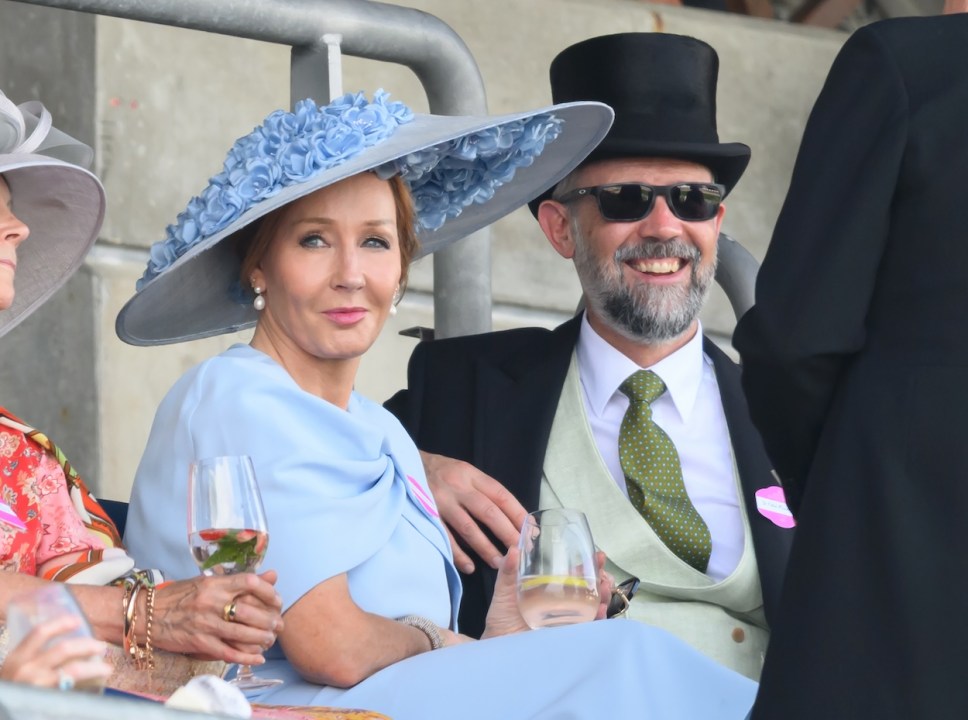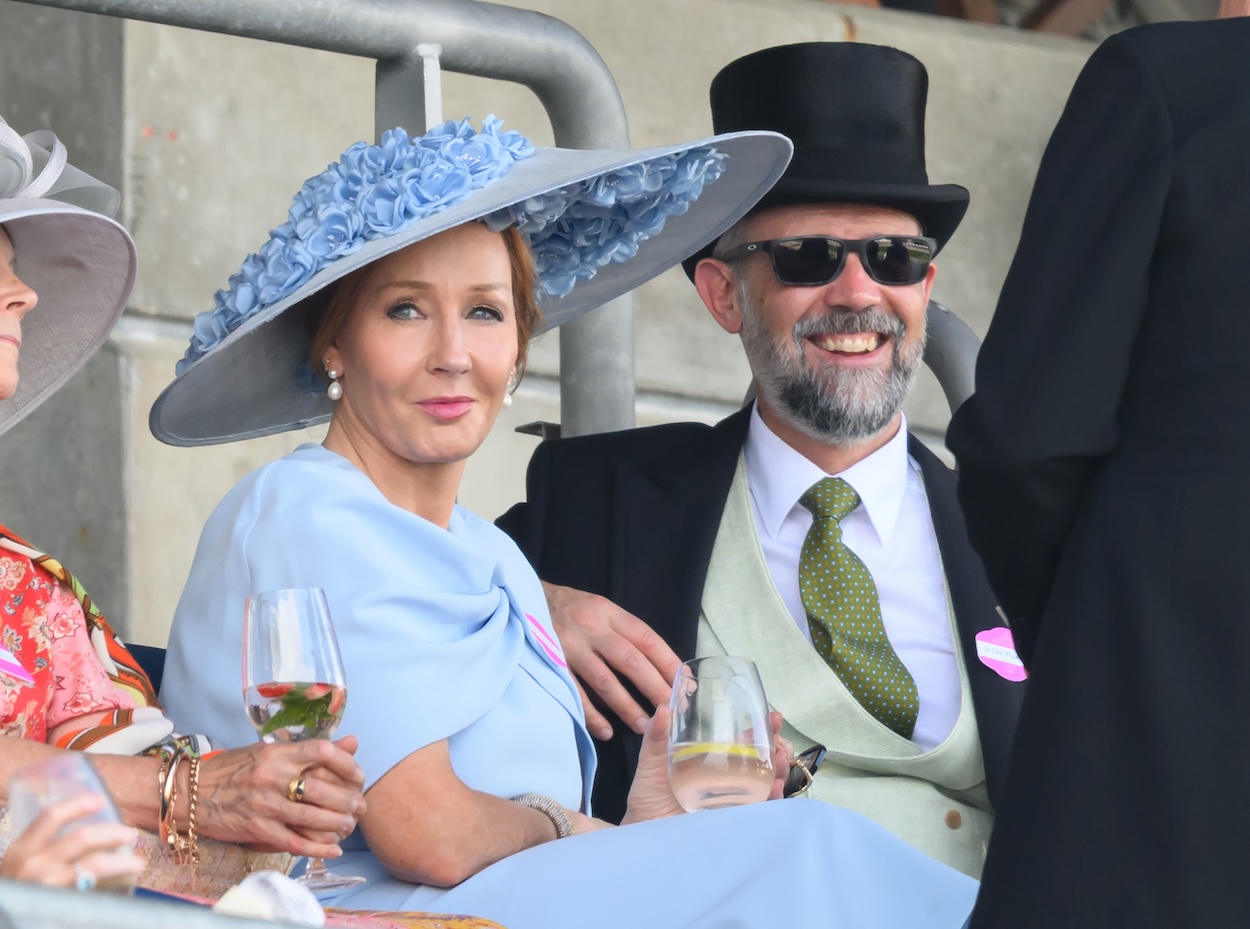As I write, a copy of The Hallmarked Man sits beside me. Not being on holiday, spending the morning reading a new detective novel would seem as louche as a pre-brunch martini. Not being David Niven, I’m making the book wait until at least after lunch. J.K. Rowling’s new book, under her pen name of Robert Galbraith, comes in at around 900 pages. I expect to rip through it smartly.
I am not an ideal reader of detective fiction, nor the thrillers and mysteries that have a whodunit at the core of their tightly planned plots. My ability to figure out the murderer – even my interest in trying – is vestigial. Finishing the penultimate Harry Potter book I remember trying to figure out what was coming next, but so half-hearted was my attempt that I have no memory of my guesses, only complete confidence that they were wrong.
What was more interesting to me in Potter was where I felt Rowling might have drifted away from her initial intentions. There were hints, I thought, that she leaned towards making Potter himself more ambiguous, leaving both him and the reader more unsure whether only luck stopped him becoming a bully like his father or a tyrant like Voldemort. I was probably wrong about that, too, but it was where my interests lay.
A plot has to be very simple before I find myself paying attention. I can almost manage a Reacher. John Buchan’s The Thirty-Nine Steps was about at my level, but even then I knew the plot wasn’t what interested me. The hunted escape across Scotland, like Robert Louis Stevenson’s Kidnapped but with aeroplanes and Germans, was what held me rapt. When I picked up the book for a second time, uncertain if I’d read it before, the plot held no memory for me – but that atmosphere of tense pursuit in the Highlands was instantly recognisable, and as welcome the second time as it had been the first.
‘Yes – oh dear yes – the novel tells a story,’ said E.M. Forster. His plot-driven The Longest Journey left me cold, as it has left most people cold, while A Room with a View – whose plot is no more than the triumph of love over prissiness – makes me happy whenever I bring it to mind.
Plot is not enough, but somehow – even for someone as deaf to it as me – it remains essential. I enjoy Dashiell Hammett and Raymond Chandler, but their books are diminished by the fact they had as little grasp or care for coherent plot as me. ‘When in doubt,’ Chandler advised other writers, ‘have a man come through a door with a gun in his hand.’ When doors opened in his stories, the motive force was usually not the rational exigencies of his plot but his bafflement at not having one.
Trollope knew his task was to build a world in which the right things happened, for the right reasons
The plots of Rowling’s books are a joy. You don’t have to follow them to luxuriate in their assurance, but on re-reading, watching her work is a delight of its own. You know the author has made a deal – to stick to her intentions, to keep track of the details. No one bursts through the door with a gun simply because she couldn’t think what else to write. There is character and atmosphere and moral purpose, but they take place within the frame of a plot. ‘Nuns fret not at their convent’s narrow room,’ wrote Wordsworth, in his sonnet on freedom needing boundaries, and the formal restrictions of a rhyming scheme giving a writer their liberty. Plots do the same for novels.
In his fabulous Dr Thorne, Trollope, breaking the fourth wall long before secondary schools invented drama teachers, states early that his star-cross’d lovers, Mary Thorne and Frank Gresham, will find happiness in each other’s arms by the end of the book. His job as author, he explains, is to make it happen. A lovely way to begin a book. Trollope knew his task was to build a world in which the right things happened, for the right reasons, and for events to emerge as naturally as leaves come to a tree. The plot mattered, but keeping it a surprise mattered not at all. Structure is essential, but the lingeringly powerful mysteries are those of human character.
In a few hours I’ll write my name and the date in the front of The Hallmarked Man and I’ll start reading. I expect to be absorbed, and I expect there to be murders, and I won’t have a clue about the murderer until Rowling’s final reveal. I also expect her to get her own star-cross’d lovers, Strike and Ellacott, together – maybe by the end of this book, maybe in another. No living writer matches Rowling’s ability to weave a plot perfect in itself, yet perfect as a background for the life of a fictional world. Like Anthony Trollope, her plots are neither the substance of her worlds nor their straitjacket, but their trellis.








Comments